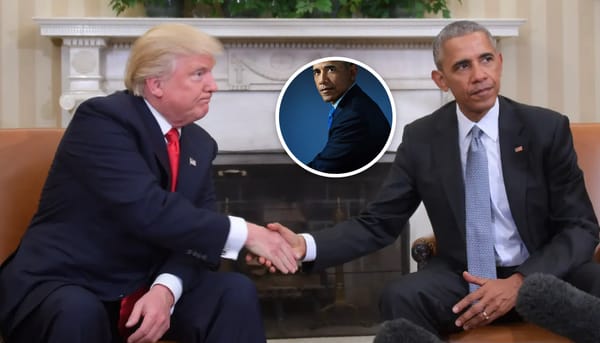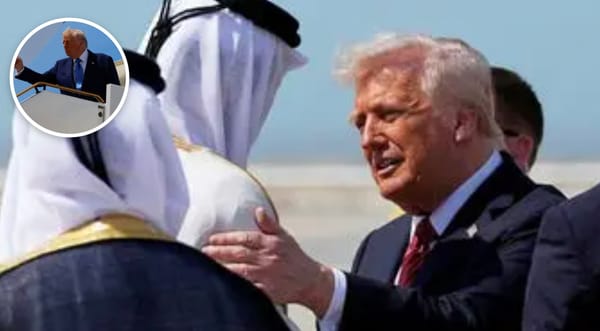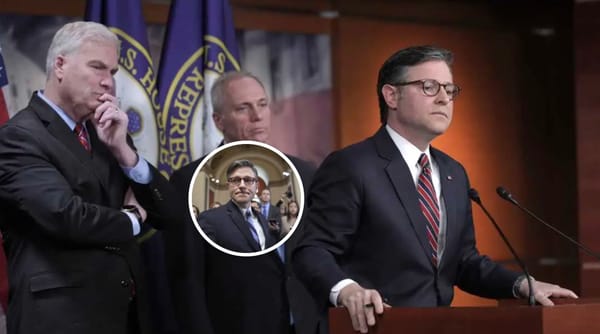Trump demands America accept unwanted Qatari jumbo jet that experts say would require nuclear blast protection and missile defenses
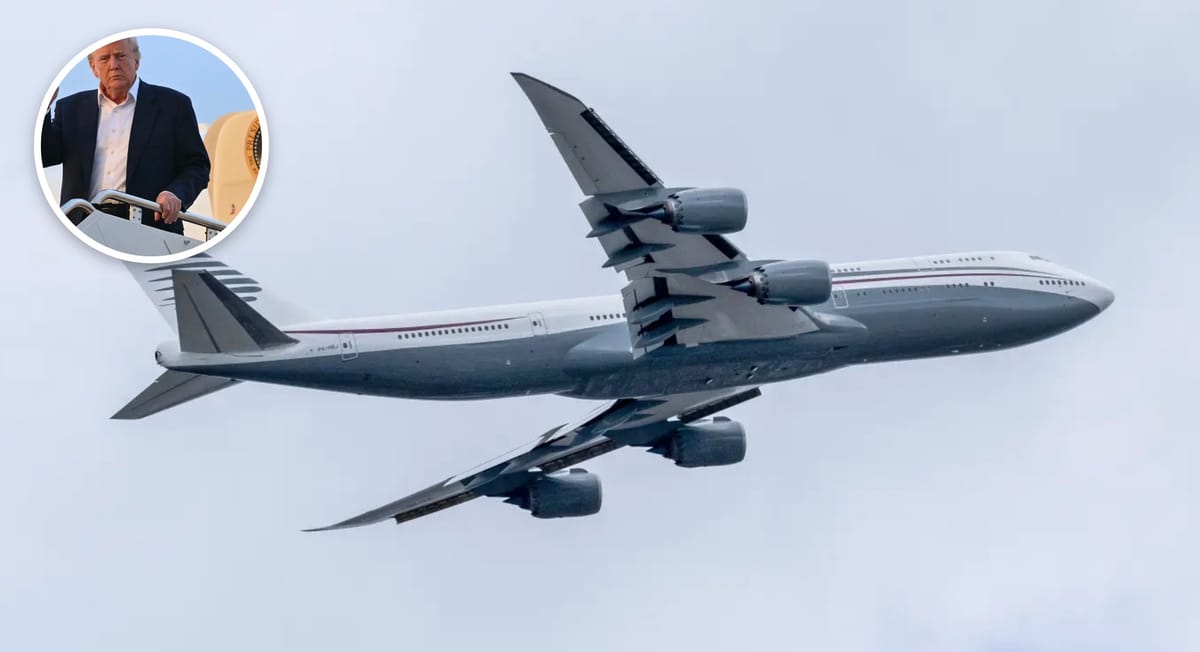
President Trump is fighting to secure a "palace in the sky" that could save America billions while solving Air Force One delays.
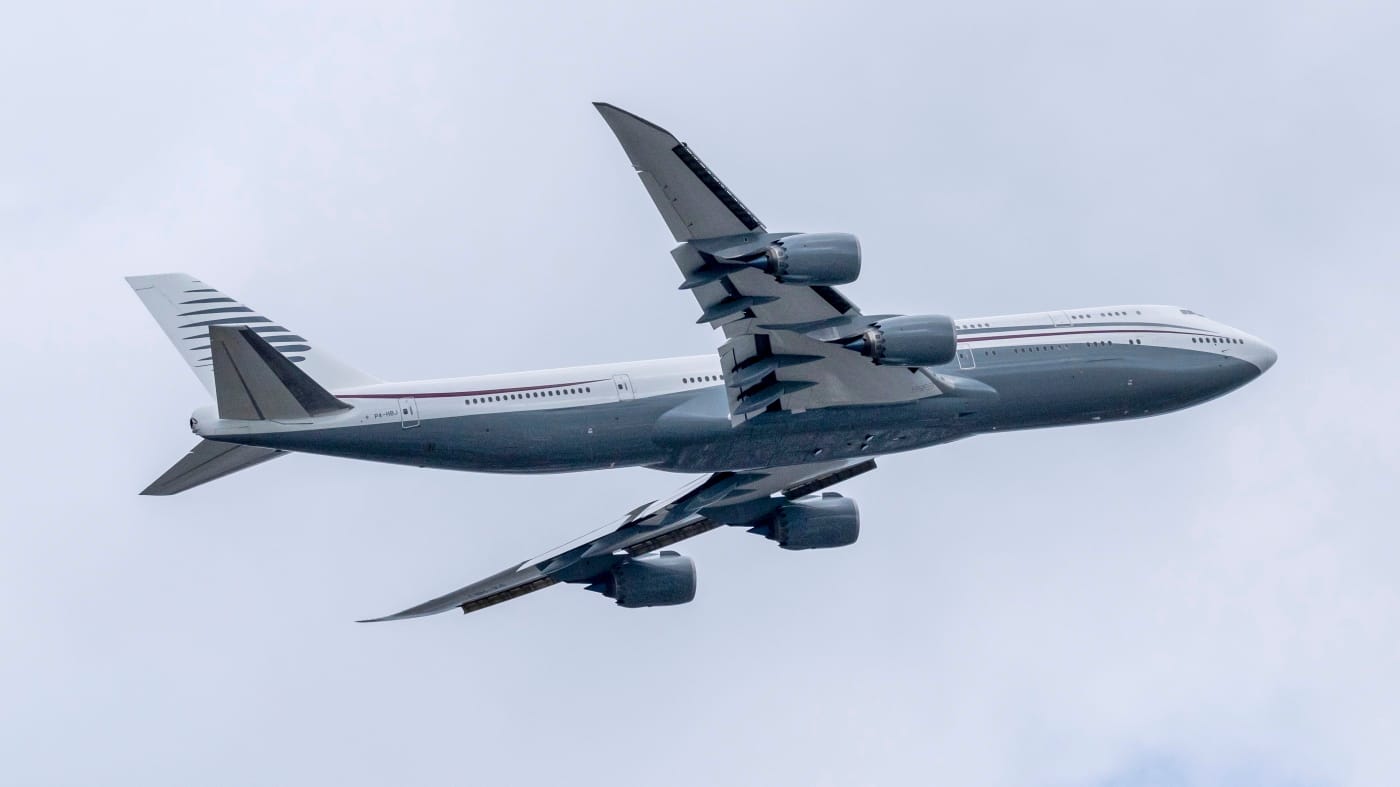
A Presidential Solution to Boeing's Delays
The controversy centers around a Boeing 747 jumbo jet with the distinctive color scheme of Qatar's royal family that recently appeared at San Antonio International Airport.
Trump took to Truth Social to defend accepting the aircraft, writing: "Only a FOOL would not accept this gift on behalf of our Country."
The timing couldn't be more strategic. Boeing is currently years behind schedule on delivering two new Air Force One jets, with delivery now pushed to 2029 instead of the originally promised 2024.
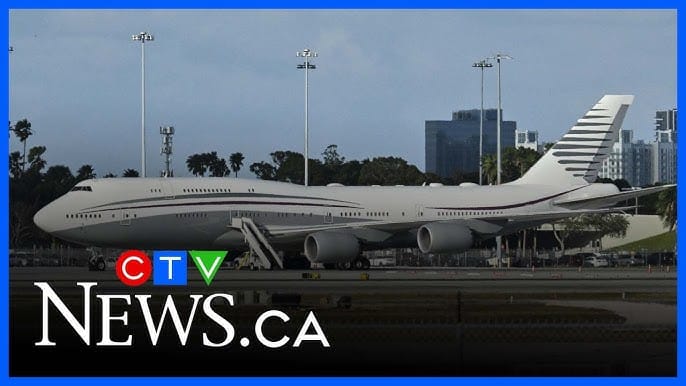
Trump's vision includes using the Qatari jet during his presidency and then transferring it to his presidential library when Boeing finally delivers the delayed aircraft.
Qatar's Strategic Divestment
What many critics fail to mention is that Qatar has legitimate business reasons for parting with the aircraft.
The jumbo jet was put on the market in 2020 but failed to sell - not surprising given the limited market for such specialized aircraft.
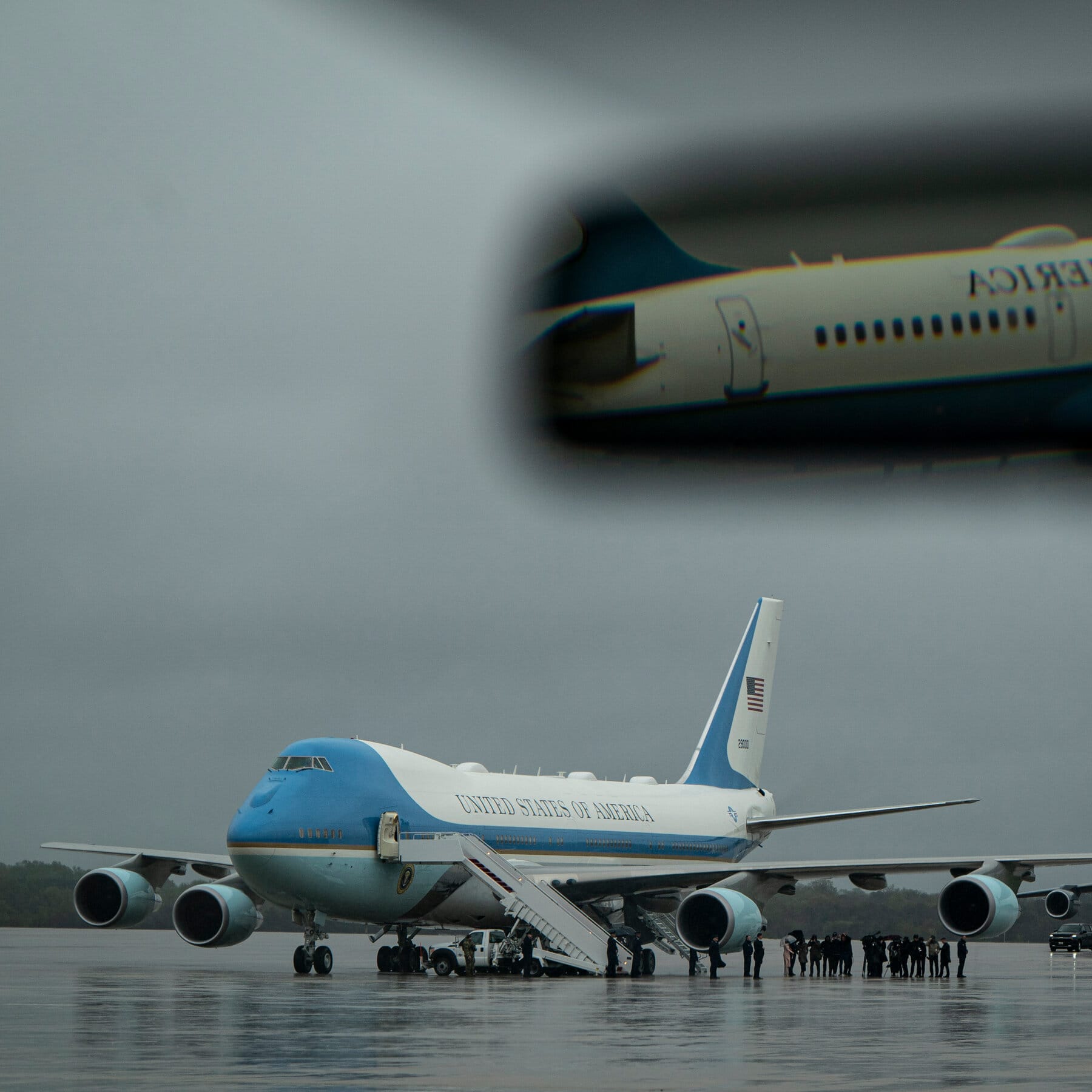
According to aviation experts, the aircraft costs approximately $23,000 per hour to operate and maintain - explaining why it logged only 1,069 flight hours in the five years before being listed for sale.
The Qatari royal family has been moving toward smaller, more efficient aircraft that attract less attention - a trend among many heads of state and royal families worldwide.
While many have speculated that the Qataris have offered Trump the luxurious plane to curry favor with the president, there may be a simpler rationale: they just don't want it anymore.
America First: The Economic Argument
From a fiscal perspective, accepting the gift could potentially save American taxpayers significant money compared to continuing with Boeing's troubled and delayed Air Force One replacement program.
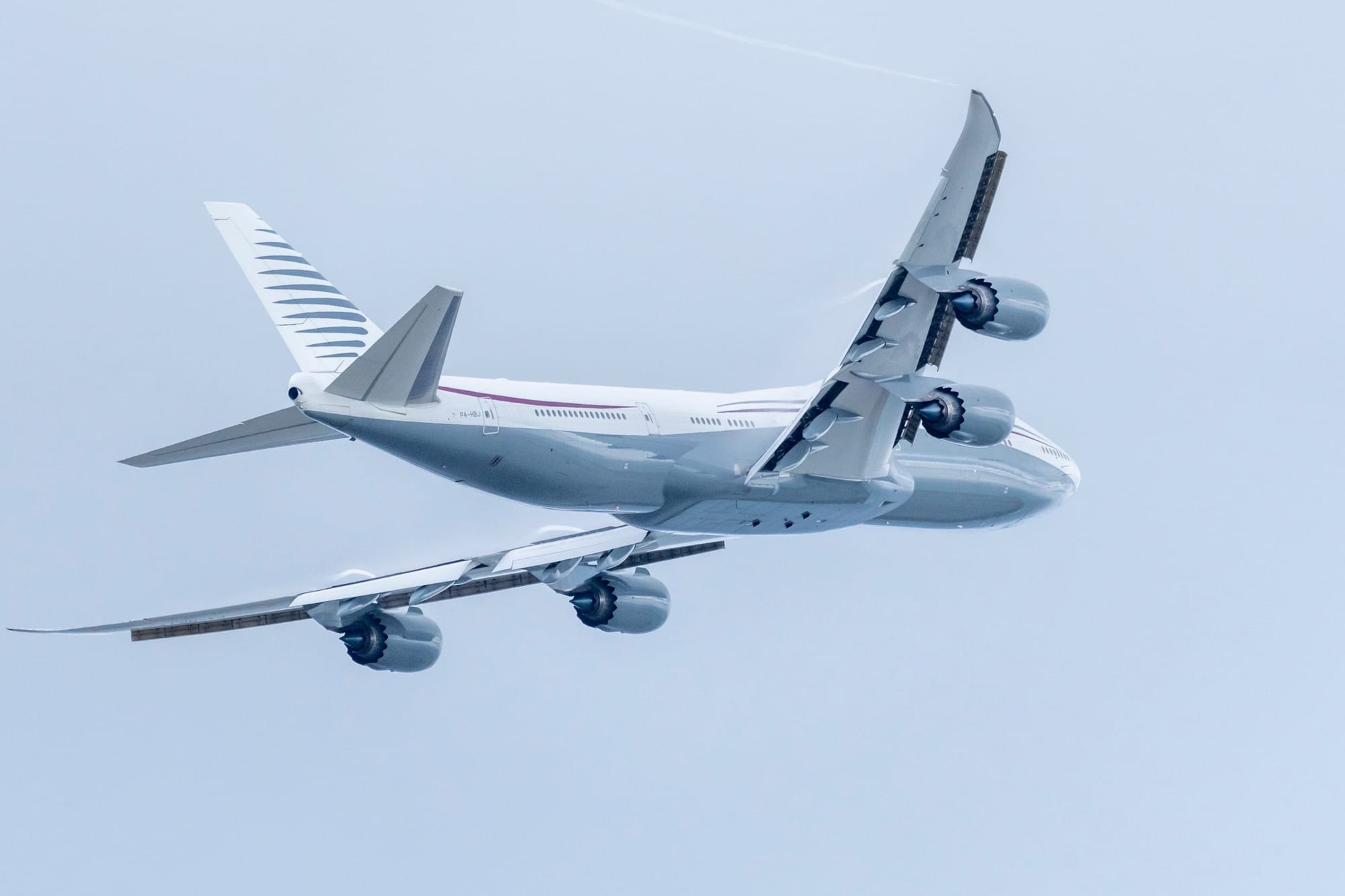
Boeing has been struggling with numerous issues in delivering the new presidential aircraft, including problems with suppliers for interior components, wiring design complications, and difficulties finding workers with appropriate security clearances.
The current Air Force One replacement program has already seen significant cost overruns and delays, with taxpayers bearing the burden.
The Security Considerations
Critics have raised concerns about potential security implications and the costs of retrofitting the Qatari aircraft to meet presidential standards.
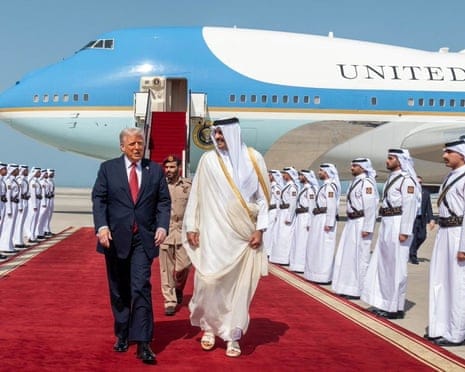
Some defense experts claim the aircraft would need extensive modifications to serve as Air Force One, including encrypted communications systems and protection against nuclear blasts and missile attacks.
These modifications could potentially cost hundreds of millions of dollars and take years to implement - though this would still likely be less than the ongoing Boeing project.
Several Republican lawmakers have questioned whether accepting such a gift requires Congressional approval, with some using terms like "espionage" and "unconstitutional."
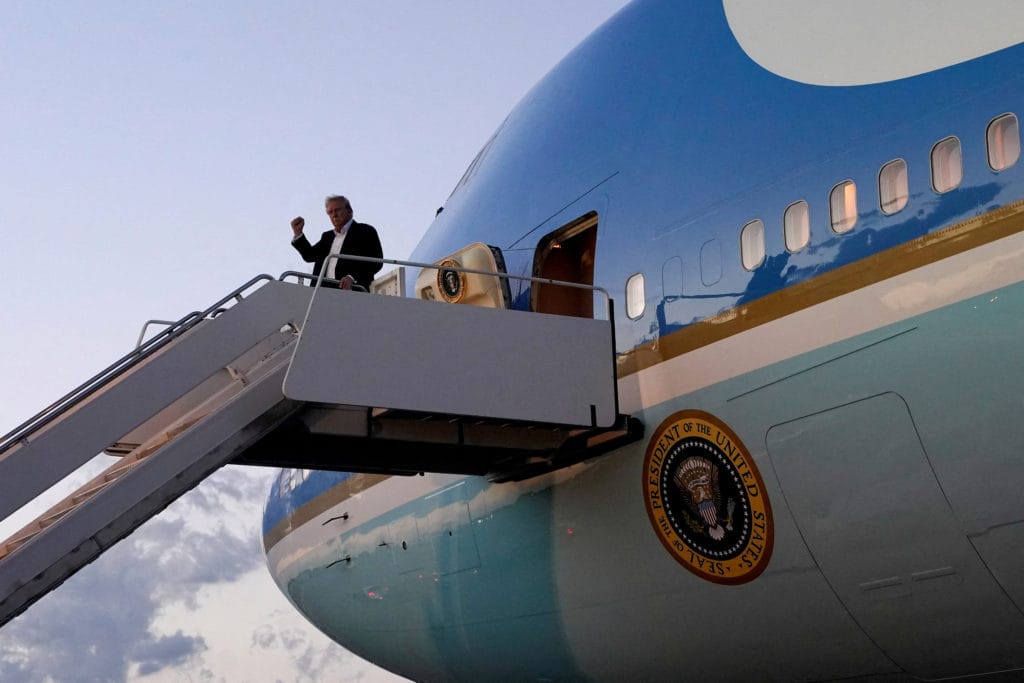
The Bottom Line
What the controversy ultimately reveals is a pragmatic attempt to address Boeing's ongoing failures to deliver promised presidential aircraft on time and on budget.
While critics focus on the gift's optics, the practical reality remains that the current Air Force One replacement program continues to face significant delays and cost overruns that will ultimately be paid by American taxpayers.
For Qatar, parting with an expensive, fuel-guzzling aircraft they no longer want represents a business decision, while for Trump, it represents an opportunity to solve a pressing national security need while Boeing continues to struggle with its contractual obligations.
As the debate continues, the jumbo jet remains in San Antonio - a potential solution to America's presidential transport needs or an unwanted gift, depending entirely on one's perspective.
